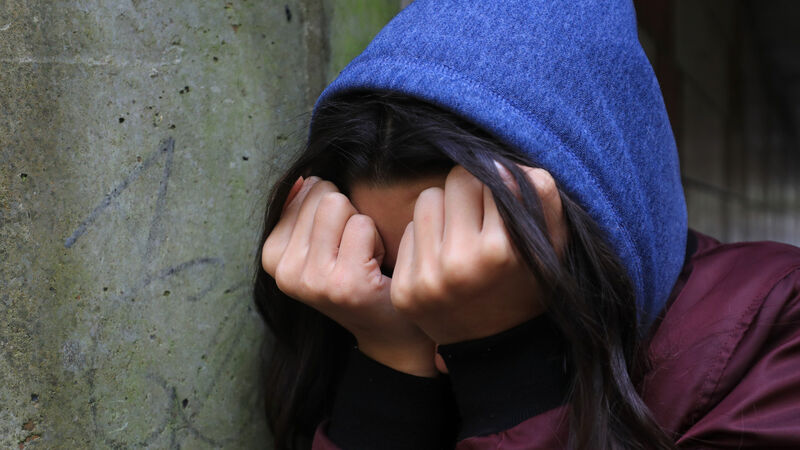New human rights model for mental health treatment aims to reduce use of physical restraint

As reported in the Irish Examiner last month, Mental Health Commission report found an overall decrease in the use of physical restraint, but a significant increase in child in-patient psychiatric units. File photo
The Mental Health Commission (MHC) and the World Health Organization (WHO) have launched a new care model which they hope will “transform” how people with mental illness are treated.
The human rights-based approach covers everything from lack of access to proper services and coercive care, such as physical restraint. The launch coincides with the recent publication by the MHC, the State’s regulator of mental health services, on restrictive practices, which includes seclusion and physical restraint.










